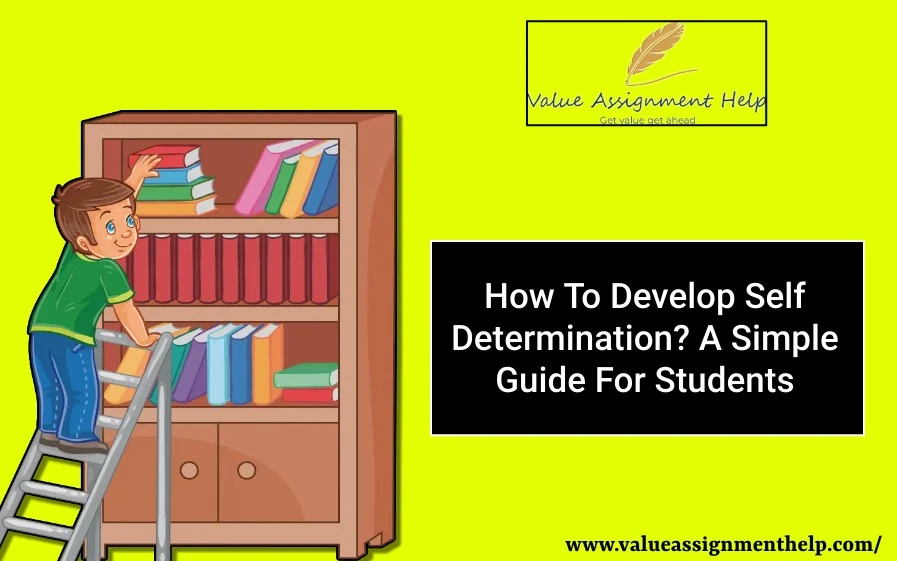Assignment
Achievement
Hire Experts
Reviews
Free Services
Grades
Offers
Order Now
50,000+
Orders Delivered
4.9/5.0
Star Rating
100%
on-time delivery
24 x 7
Query Resolution
100 +
Subjects Catered
Our Experts
Reviews
Free Assignment Services
☞Title Pages - 100 Words
$05.00 free
☞Downloading Free Guide
$20.00 free
☞Upload Completed Tasks
$20.00 free
☞Genuine Content Report
$20.00 free
☞Consultation By Experts
$06.00 free
☞Unrestricted Revisions
$10.00 free
☞Grammar Check for Task
$25.00 free
☞Plagiarism Inspections
$25.00 free
Book Now and get Free Services Upto $0.00
Grades
Offers

1. PLACE YOUR ORDER
Whenever you fill out their order form, please read it carefully and then fill it out.

2. MAKE PAYMENT
Choose our secure payment method to pay for your order and collect your order from us with security.

3. GET YOUR DOCUMENT
Our writers write you plagiarism-free assignments and provide them to you before the deadline.
Our Experts

Search Assignments

Customers Reviews
Many people, especially disabled youth, face issues like social rejection, physical constraints, medical crises, academic failures, etc. But a few of them manages to tide over the problem and enjoy successful lives. If you ever wondered how they overcame challenges, you are in for a surprise. Self-determination is the key to mitigating all your shortcomings and creating a solid resolution. Generally, to help an individual achieve success, specific characteristics and external factors play a vital role. But, most importantly, if you have managed to develop skills for self-determination, you can undoubtedly fight through all the obstacles.
Let's understand self-determination. It is the art of defying all odds. The article presents a complete overview of self-determination requisites and explains how to build on the foundation. Also, we have shared some practical approaches for teachers to enhance students' self-determination skills.
Continue reading and get comprehensive information about self-determination and time management tips.

The term is relatively self-defined and easy to understand, but the problem garners the skill set to achieve the same. In short, self-determination is a conviction that one can take charge of their own life. This belief drives people to set objectives and take action to reach the desired goals.
Further - what does self-determination mean in practice? It means taking control of your life, solving your problems, making your own choices, and taking responsibility for the consequences of these choices.
Self-determination is a combination of belief, skill and knowledge. It has many components. But, essential self-determination skills we can uncover include:
These are vital components of self-determination, which is why it is believed that taking more time to develop such skills can benefit students' personal development. Developing these skills is considered the key to future success.
While soft skills are difficult to measure, teachers should be able to fit these skills into an existing curriculum with just a little extra effort. Some ideas for incorporating these types of life skills include:
Self-determination skills are essential for all students but significant for students with disabilities. As they approach adulthood and the all-important transition from high school, students will use these essential skills to identify their priorities and goals, advocate for the future they envision for themselves, and their desired outcomes work towards.
Provide options to students. Provide students with opportunities to make their own choices throughout the day. Let them choose between different writing tools, different places to complete their independent work, breakfast options, and leisure activities. Have students decide how to organise their daily schedule and how much time to devote to school or playtime. Start by offering two options and gradually increase the number of options you offer.
Respect your students' choices, even when you think the student may prefer a different option. When a student accidentally makes a non-preferred choice, allow them to problem-solve and make a new choice.
Assign small projects that spark imagination and ingenuity. Ask students to build objects from typical home and school supplies—for example, they can make a car out of toilet paper rolls, construction paper, and pencils.
Follow up after the students have made their decision. Have your students discuss their decisions and how their plan worked—or didn't—for them. When students make a terrible decision, help them identify why it was wrong and what they might do differently next time.
Set up problems for the students to solve. Try hiding or closing items that students need to complete projects, and then guide and support them as they problem-solve how to access the objects. And ask your students for help solving their problems in class—they may come up with a solution you didn't even think of!
Disclaimer: all content and intellectual property remain the exclusive property of value Assignment Help




No Comments